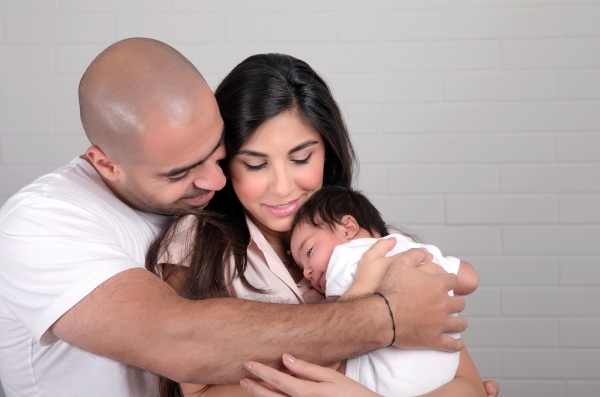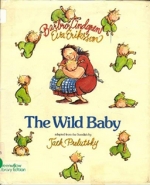In the past, a “good father’ has been defined as a successful breadwinner. And that was their role, as well as being the bogey man that kept the kids in line: “You wait till your dad gets home.” Everybody missed out then, with only that skeletal expectation to go by.
Times have changed. Mostly. It is the ‘new’ kind of father that I am writing about today. And I am inviting you to think about the fathering role wholistically.
Imagine three concentric circles.
In the centre is the baby, the new being. There is a special holding going on here and it is the task of the mother whose body still sustains the baby, not necessarily with breastmilk because sometimes that doesn’t work out, but with her focus and with the intimate connection that was formed at conception, and continues. She is the first enclosing circle around the babe.
Many fathers begin to be a part of that sustaining now, as we have discovered they can do this with their bodies too, gentling and calming with closeness, embodying safety for the little one.
Susan Guibert, reporting on some of the research about these things, writes: “When men become fathers, testosterone decreases, sometimes dramatically, and those who spend the most time in hands-on-care…have lower testosterone levels.” She goes on to say this suggests “that active fatherhood has a deep history in the human species and our ancestors.”
But I think the father’s role is even bigger than the one many are now recognising and taking up. I think the father is the outer circle that surrounds the other two His job is to encircle and sustain with his strength, his mate and their child. Of course many recognise and live this notion, but I think it bears thinking about because when a man thinks of his role in this way, it becomes very clear that his is a unique task, one that only he can carry out.
D.W.Winnicott, paediatrician and psychoanalyst, said that the prerequisite for healthy development is “the continuation of reliable holding in terms of the ever-widening circle of family and school and social life.” The father is the first external relationship. As the babe becomes aware of this safe male bigness, this awareness, fuelled by curiosity about this important other, instigates the first tiny steps beyond the dyad, the entwining of mother and babe.
But even more than this great and vital task, it is the job of the father to enable the dyadic realtionship while it is so essential for the two who have made such a great physical journey together. When a mother is well held by her mate (and I mean holding in the wholistic sense: to bear, sustain or support) she is able to carry out her own vital tasks. Good fathering makes this possible, easy even. The task of the dad is to say, in many ways, whenever it is needed “Don’t worry, we’ll figure it out,” or “Don’t worry, leave it to me,” or “What do you need? I’ll sort it,” or “You’re doing so well. I love how you mother our babe.”
Sounds simple but sometimes it’s hard to do, for a host of reasons. That’s probably why dads are strong, I think.





